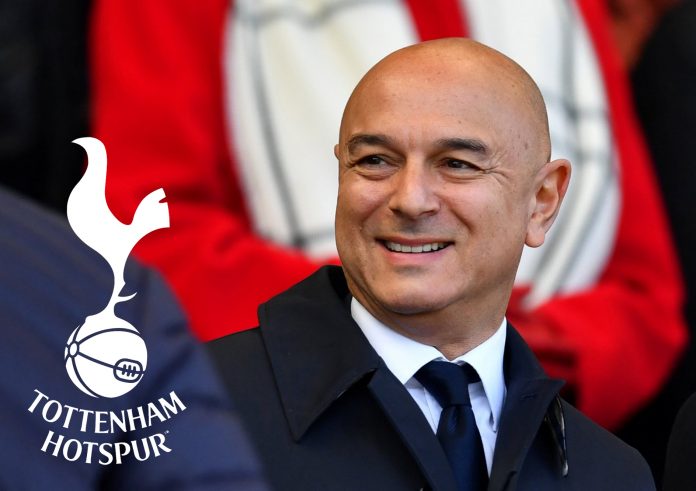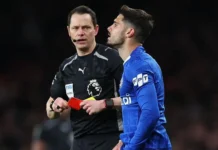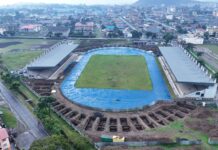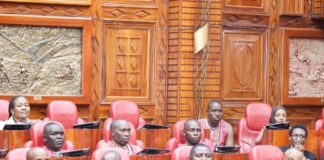On 11 March 2001, two days after his appointment as Tottenham chairman, a very rare interview with Daniel Levy was published in Sunday Business. – By Madellene Markit
As he prepares to celebrate 20 years in charge of one of England’s biggest clubs – underlining his status as by far the longest-serving chairman in the Premier League – it is remarkable how relevant Levy’s words remain.
He contrasted White Hart Lane with the home of Glasgow Rangers, where he had been a non-executive director. You could “smell the history” at Ibrox, Levy explained, whereas he pointed out that some corridors at Tottenham “felt like a jail” because they were unpainted and bare.
Levy would not tell then manager George Graham who to pick, he insisted, but he would take an interest in the way Tottenham developed youngsters. And, while, as a lifelong supporter and season-ticket holder, he knew well that fans wanted to see Tottenham “at the top of the league”, he also warned there had to be a balance between shareholders “who want profit” and fans “who want success on the pitch”. “Sometimes,” he said, “the two do not go together.”
Considering the two clear successes of Levy’s tenure are Tottenham’s magnificent new stadium and a training ground that stands comparison with the best in the world, while the issues he is most criticised for are investment on the playing side and a lack of trophies, the subject matter could not have been more apt.
Speaking to people who know Levy well, a couple of significant details emerge. Firstly, he is passionate about Tottenham; the club, the fans and the area. Secondly, he is very conscious of the financial responsibility needed to run Spurs.
He felt there was a better way of helping his club’s travelling support – which would have cost Tottenham more than the policy that was adopted. When it was pointed out his rationale would probably get lost amid the general outcry that he had opposed the cap, Levy relented.
It was the same with Tottenham’s controversial decision to put non-playing staff on furlough at the start of the pandemic. The reality is Levy runs a self-contained business. He felt using government support was the best way of protecting Tottenham and the people who work for it.



















